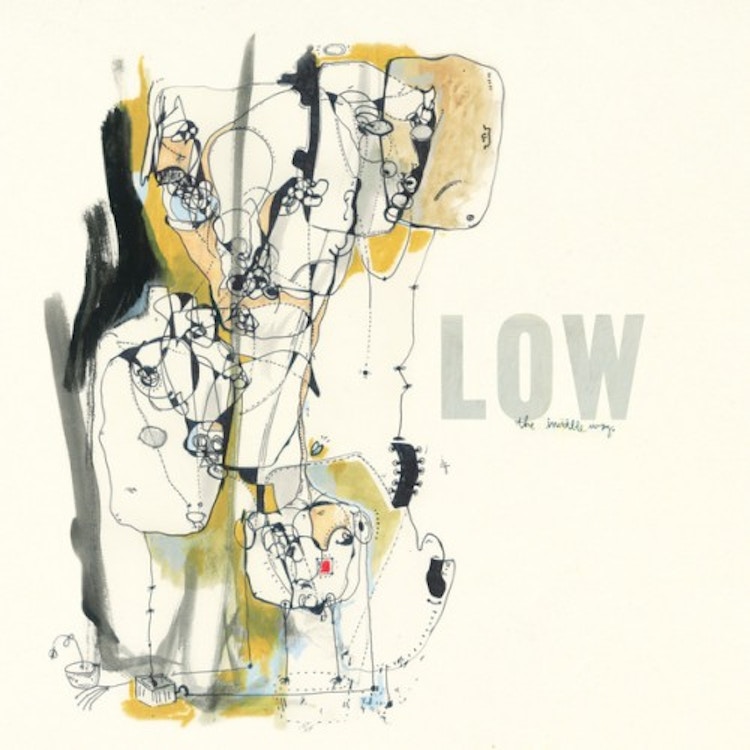"The Invisible Way"

We’re a world and nearly twenty years away from the soul-bathing wonder of Low’s debut, the Kramer produced I Could Live In Hope, and only a handful less from their commercial peak with the glory of single ‘Over The Ocean’.
That was a time when they shared a sound with slowcore heroes Red House Painters – martial drums, endless, repetitive chiming guitar and heart-rending changes – yet never seemed able to replicate the excellence of that band’s songwriter Mark Kozelek. A lot has changed, the band progressing to a natural peak on the memorable Things We Lost In the Fire (2001) and re-emerging with perhaps their most accessible and instant work with 2011’s C’mon, a humorous but haunted house of a pop record as good as anything to spring from the States that year. Their career spanning collaboration show with artist Peter Liversidge at Royal Festival Hall in 2012 clearly put a neat semi-colon on their work to date and left a path open for a further change in direction that, while not vast, is surely both noticeable and, at this late stage of the game, laudable – particularly when it works.
“I think in most Western music, we’re cowards, we’re still under this cloud that rock and roll and religion have to be separate” said Low (and sometime Retribution Gospel Choir) leader Alan Sparhawk in an interview last year – yet there’s not a hint of any reservation of expression here as Sparhawk and his wife Mimi Parker work with producer Jeff Tweedy (Wilco) to create a devotional work that toys with sparse, countrified instrumentation and deals with the twin themes of confusion and religion in a poetic and often touching way.
The voice of the record is undeniably Parker’s – she takes the lead on half the tracks here and provides her usual ethereal vocalising in the background everywhere else. Hers is a hymnal voice, more so than the sometimes ragged sounding Sparhawk, and it expresses longing, purity and love particularly powerfully on a song like ‘So Blue’.
It’s a climbing, elated, eagle-wing of sound that backs off enough to allow Parker the space for her lead – including the tortured “I take a breath/No longer dare to be the death of you”. It peaks in a tingling, triumphal way but Tweedy keeps the potential bluster in perfect check. It’s minimal still, despite it’s intimations of the epic.
Parker continues on the unambiguously named ‘Holy Ghost’ , an alt.country ballad with brushing brushes, strumming guitars and that vaulting voice – if “I don’t know much but I can tell when something’s wrong/And something’s wrong” doesn’t unsettle us then “I feel hands/But I don’t see anyone” certainly will – here religion and rock and roll are meeting uneasily but beautifully, as if Tweedy’s steering of the band into country rock territory has somehow allowed them to speak in their own tongue more clearly.
This clarity is also apparent on the Sparhawk-led ‘Mother’, a folksy family love song which begins by dealing with more confused intentions (“You thought I’d be a daughter but didn’t mind”) and closes, heart-stoppingly with the almost unbearably hopeful and undoubtedly devoted lines “So many bodies waiting for the word/When every child and mother will return/Forever, we’ll have time”. For a second, you can understand entirely the heartfelt need humanity has for religion – it’s as close to epiphanal as a record is likely to get.
Get the Best Fit take on the week in music direct to your inbox every Friday

Great Grandpa
Patience, Moonbeam

Deafheaven
Lonely People With Power

Perfume Genius
Glory





